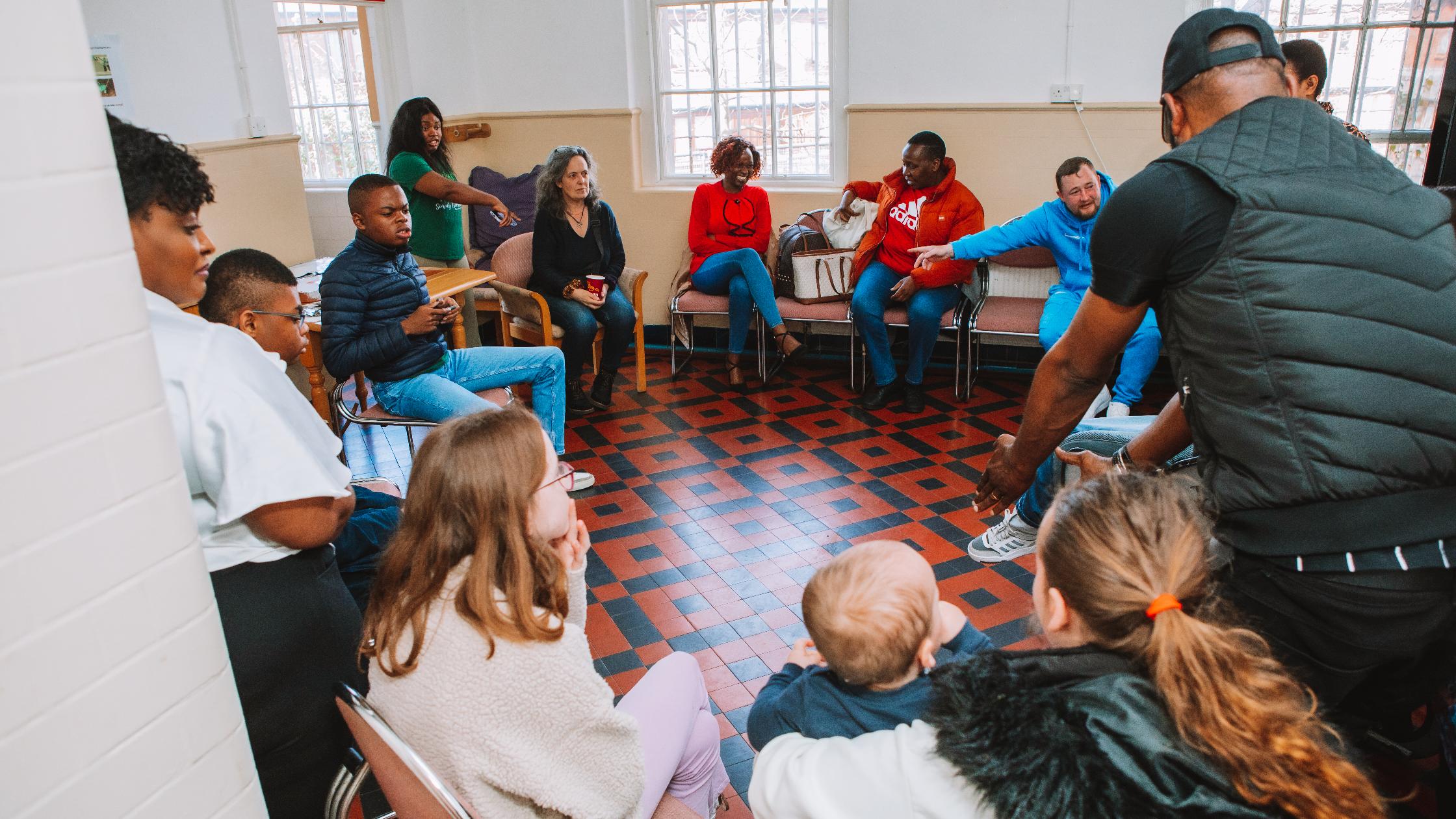Health Education and Information
We develop culturally sensitive health education materials and programes, tailored specifically to address the unique challenges faced by different migrant groups, including dedicated resources for mental health and disability issues. Through direct community engagement, we offer specialised support and guidance to migrants, helping them navigate the health system and access necessary services, with a strong focus on empowering youth and supporting those with disabilities.
We have broken health education and information into two services described below.
Bridging Health Gaps is a rolling 12-month capacity building and health education project aimed at improving different disease awareness and equity for individuals from migrant communities. Through a structured 12-session community outreach and education program, the project will address key health issues, including cancer, diabetes, heart health and many more to empower participants with the knowledge and skills needed to navigate health and social care systems confidently.
Some of this project’s objectives include:
- Building confidence and capacity in participants to engage with healthcare services
- Facilitate linkages to community health services, GPs, and support networks
- Reduce barriers to access care, including stigma, language, cultural misunderstanding, and fear
MHAI’s Care & Research for All (CARA) education and awareness project focuses on health access and research involvement among migrants. This project aims to provide health education, awareness, and advocacy programs, empowering migrant communities with the knowledge and resources needed to access essential health and social care services. It is a project that encourages multi-Sector collaboration by connecting healthcare providers, social workers, researchers, and migrant communities—a holistic model that ensures long-term impact beyond traditional awareness campaigns.
Most migrant health projects focus on basic healthcare access. CARA Project goes beyond that by actively encouraging research involvement. Especially, when migrants are often underrepresented in health studies, leading to gaps in policy-making and treatment approaches. The CARA Project directly addresses this by:
- Encouraging participation in research studies by partnering with universities and healthcare institutions to develop inclusive research
- Using real data from migrants with lived experiences to influence healthcare policies
- Developing multilingual educational informational materials and programs
- Using faith-based and cultural engagement strategies to overcome stigmas around healthcare and screenings
- Use of storytelling integration, community events, and digital outreach such as social media and newsletters to make information more accessible and engaging
- Encouraging cancer screening and routine checkups
- Educating on preventable diseases and early detection
- Reducing late-stage diagnosis among migrant populations
